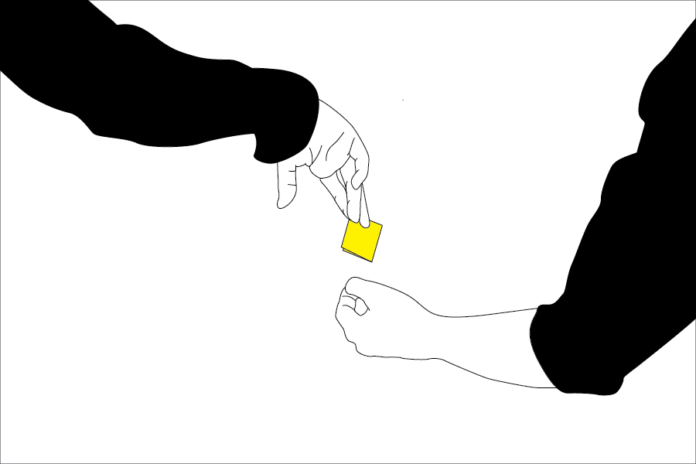Sugar-coating your feedback does more harm than good
By OWEN RUDERMAN — opruderman@ucdavis.edu
UC Davis offers a variety of majors and classes. In some classes, students submit their work directly to the professor and receive their grade. But other times, students’ work gets vetted by their peers before the final submission. A student might, for example, give a first draft of an essay to their classmates for feedback. This feedback can be extremely helpful for honing in on a better thesis, catching grammar and spelling mistakes or getting advice on structure and style. Unfortunately though, peer feedback isn’t always utilized to its full potential.
I’ve only been at UC Davis for a few quarters, but I’ve already noticed that peer review is sometimes not taken as seriously as it should be. Yes, it’s nice to be complimented on my work, but that’s not the point of these exercises. Peer review is a space to be honest and let your classmate know what parts of their work can be improved.
Being too nice on a peer review can negatively affect your classmate’s grade. If the only feedback you leave is something like, “I love how you make this point!” or, “Super interesting!”, then your classmate has no idea how to improve the quality of their paper. Peer review is an opportunity to get fresh eyes on a piece of work. Being too nice defeats the purpose.
I’m not saying to be mean, though. There is a difference between constructive feedback and negative criticism. Don’t just say, for example, “Your paper is weak and needs some serious work,” even if that’s what you’re thinking. Instead, provide specific examples of the things they can work on to address the issues and make their work better. You might say, “I like your topic sentence, but this part of the paragraph is slightly confusing. Consider rewording this sentence and expanding a little on your definitions.” Concrete examples of what needs improvement are always helpful.
One reason I think students might not give honest feedback is because they’re afraid that their classmates will start to dislike them. To avoid this, they give feedback that is mostly praise. Don’t you think, though, that if your peers’ paper goes through peer review and nobody points out any issues, that the student will be more frustrated when they get back a poor grade? It’s important to give your fellow classmates the helpful, constructive feedback they deserve.
In my experience, the most engaging and effective feedback I’ve received came from peers who weren’t afraid to ask questions and tell the truth. If something confused them, they would tell me. If a sentence sounded awkward, they would suggest a revision. If they felt like a body paragraph should be organized differently, they would tell me why.
While genuine peer feedback can be extremely helpful, it’s important to remember that it’s just your classmate’s opinion. You are not required to integrate their feedback, and you should take their suggestions with a grain of salt. Don’t sacrifice your own writing style or a point you feel strongly about just because one of your peers suggested you change it.
In the end, though, I think we would all rather have someone make too many comments than not enough. And no matter the amount of comments, if all they are is praise, the value of a peer review is lost. So next time you’re reviewing the work of your classmates, remember to be honest and constructive instead of showering them with praise. No one will be upset that you secured them a better grade.
Written by: Owen Ruderman — opruderman@ucdavis.edu
Disclaimer: The views and opinions expressed by individual columnists belong to the columnists alone and do not necessarily indicate the views and opinions held by The California Aggie.




